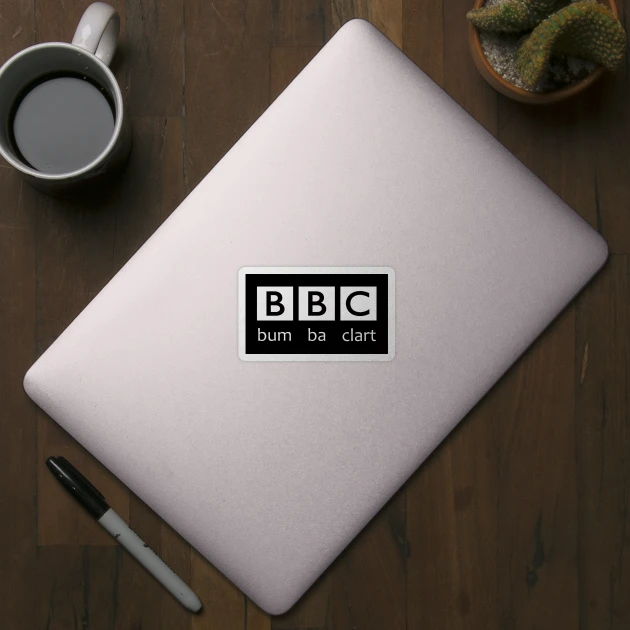Bumbaclart is a term that many have heard, some have used, and few truly understand. It has found its way into popular culture, music, memes, and everyday conversation — often without people realizing its heavy cultural roots and rich linguistic background. Let’s take a deeper look at what bumbaclart really means, where it comes from, and how it evolved into the slang we hear today.
The Origins of Bumbaclart
To understand bumbaclart, you must first explore Jamaican Patois — the creole language spoken primarily in Jamaica. Jamaican Patois blends elements of English, West African languages, Spanish, Portuguese, and Arawakan languages. Words in Patois often carry emotional, cultural, and historical weight, and bumbaclart is no exception.
The word bumbaclart (sometimes spelled bumboclaat or bumbaclaat) originates from two components:
- Bumbo: a vulgar slang word for the buttocks or anus.
- Claat: derived from “cloth,” referring originally to a sanitary cloth or toilet paper.
When combined, bumbaclart was originally a crude term relating to bodily functions. Over time, however, it evolved into a general-purpose swear word expressing anger, frustration, or emphasis.
The Many Meanings of Bumbaclart
In Jamaica, the context in which bumbaclart is used can significantly alter its meaning:
- As an insult: When used toward someone, it’s highly offensive. It can be a strong curse, equivalent to some of the harshest English swear words.
- As an expletive: It can be used to express frustration (“Bumbaclart! I missed the bus!”).
- As emphasis: Some people use it simply to add weight to a sentence or feeling (“That was a bumbaclart good game.”).
It’s important to remember that within Jamaica and its diaspora communities, bumbaclart is considered very vulgar. It’s not a casual word to throw around lightly, especially in formal or unfamiliar settings.
Bumbaclart in Popular Culture
Thanks to the global spread of reggae, dancehall, and hip-hop, bumbaclart made its way into international pop culture. Artists like Bob Marley, Vybz Kartel, and more recently, Drake and UK grime artists, have used Jamaican Patois — including words like bumbaclart — in their lyrics.
In particular, UK grime and drill scenes have embraced bumbaclart as a slang term. In London, it’s often used casually among friends, though its original strong meaning isn’t forgotten. The rise of Jamaican and Caribbean culture’s influence on British urban culture has helped bumbaclart become a familiar term to younger generations worldwide.
Even memes and internet slang have picked up the word. Sometimes, it’s used humorously or exaggeratedly — though this can sometimes be controversial when the word’s deep roots and offensive nature are ignored or trivialized.
Cultural Sensitivity: Should You Use Bumbaclart?
Because bumbaclart is a word rooted in a particular cultural and historical context, it’s important to use it with caution:
- Respect the culture: Understanding that it’s not “just a funny word” but a piece of Jamaican linguistic heritage is important.
- Be aware of context: Using bumbaclart around Jamaicans or people familiar with its true meaning might offend them if used lightly or disrespectfully.
- Avoid casual overuse: While slang spreads easily, not all words should be adopted without understanding.
Think of it this way: bumbaclart is a powerful word — and like all powerful words, it deserves respect.
Variations and Related Terms
Interestingly, bumbaclart has siblings in Jamaican Patois:
- Rassclaat (or rasclart): Similar to bumbaclart, but using “rass” (a derogatory term) instead of “bumbo.”
- Bloodclaat: Refers to menstrual cloths and has a similar use as an expletive or insult.
All these terms are part of a group of highly colorful, emotional words that Jamaicans might use to express deep frustration, anger, or sometimes even excitement — but again, they are considered very vulgar in Jamaican society.
How Bumbaclart Reflects Jamaican Culture
Language reflects the spirit of the people who speak it. Bumbaclart reflects Jamaica’s vibrant, emotional, and expressive culture. Jamaican Patois developed under the difficult circumstances of colonialism, slavery, and cultural blending. Many swear words and strong expressions in Patois carry the force of survival, rebellion, and unfiltered truth.
Bumbaclart is part of this tradition — raw, direct, and full of meaning. Whether used in anger, music, or casual slang, it carries a piece of Jamaica’s complex, powerful history with it.
Read More: Colourful Semantics – A Vibrant Approach to Language Development
Final Thoughts
Bumbaclart is more than just a word; it’s a reflection of a culture, a language, and a way of expressing raw emotion. While it’s become popular around the world, it remains a strong, serious term that should not be taken lightly.
If you’re going to use bumbaclart in your speech, take a moment to appreciate its roots. Words carry power — and bumbaclart is a prime example of how language can travel, evolve, and still maintain its fire.


